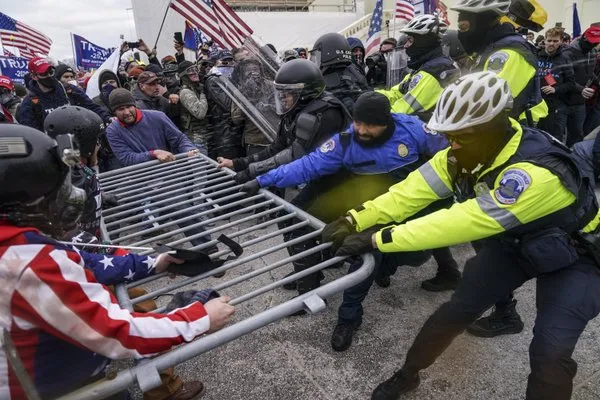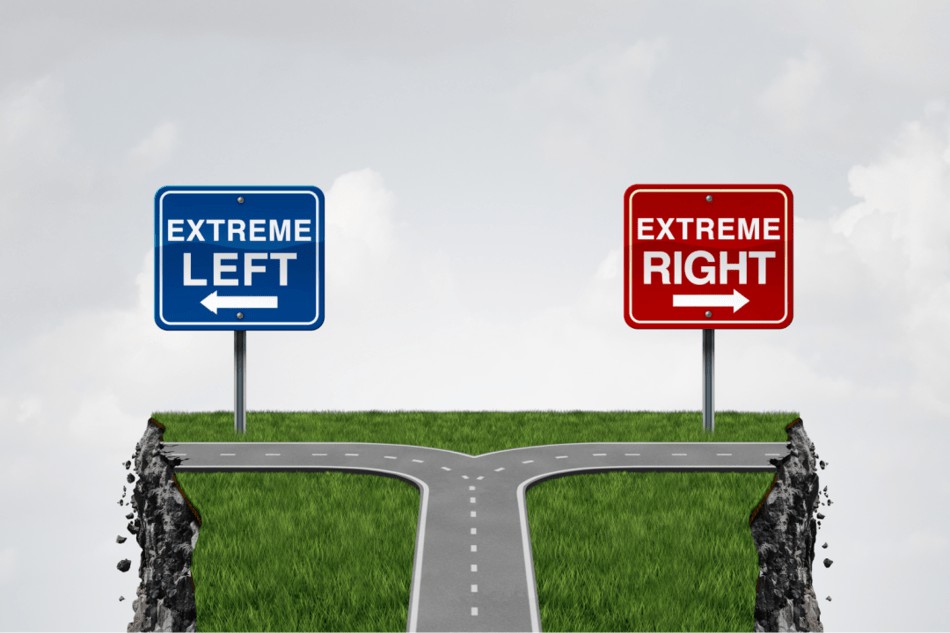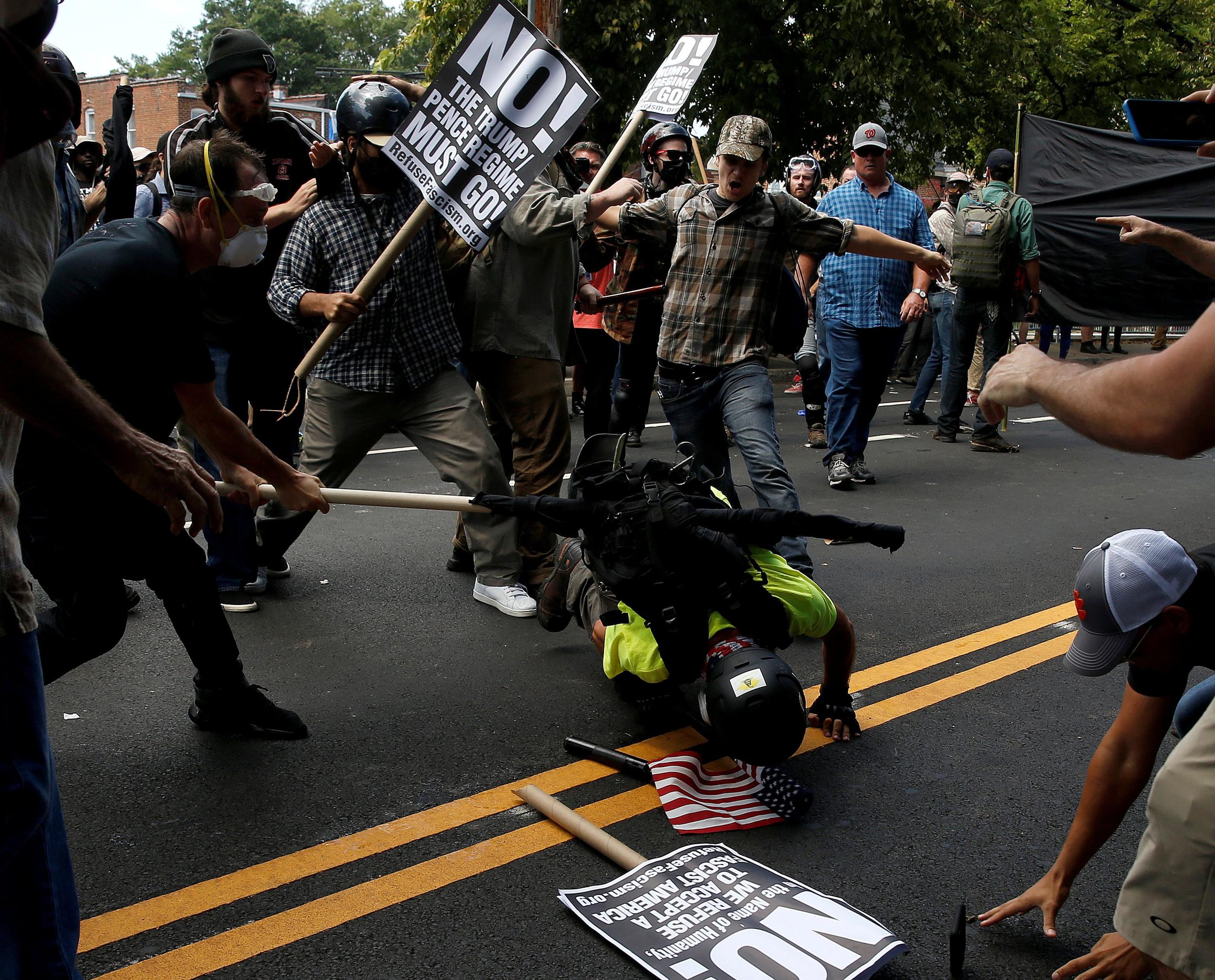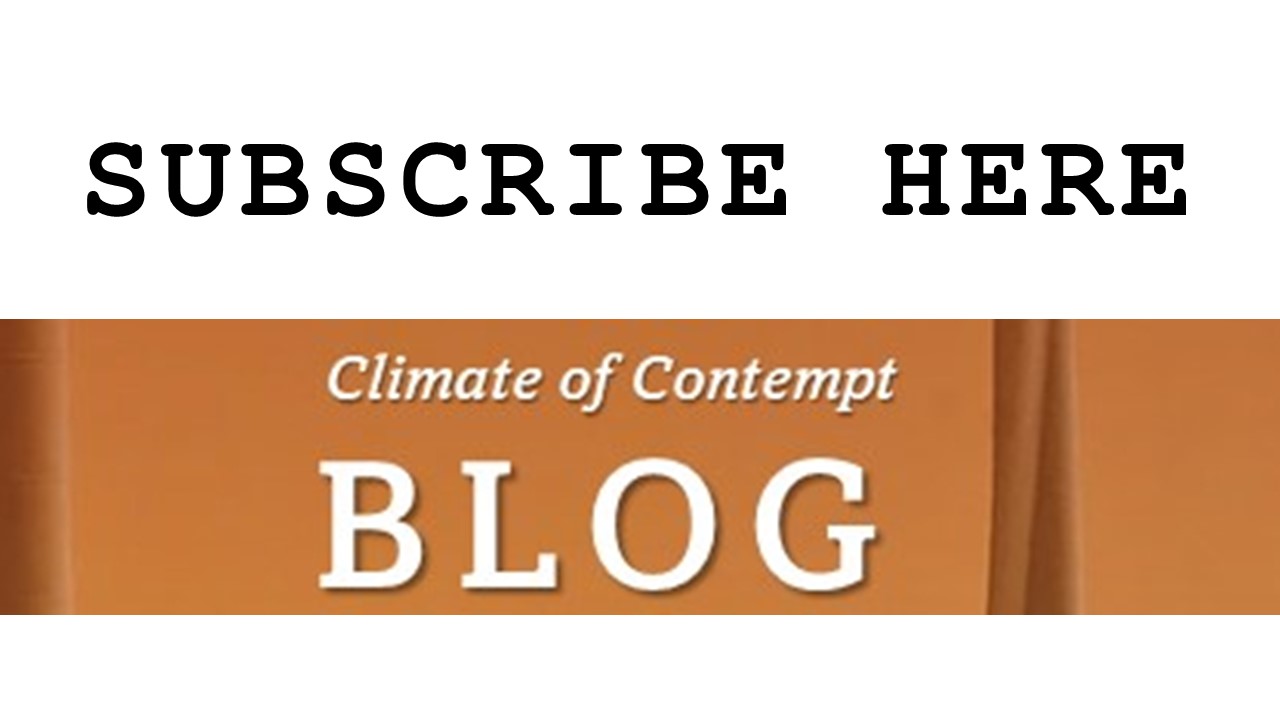One of the recurring themes in Climate of Contempt is that while modern media doesn’t change human nature, it does amplify the worst aspects of human nature in powerful ways. The book recommends extended political dialogue across ideological and partisan boundaries, a prescription that sounds uncomfortable and possibly futile, particularly to younger audiences.
Political extremism has always been a feature of politics, but it probably goes without saying that is has been on the rise in recent decades. The word “extreme” connotes something out of the ordinary, but in the history of American democracy extremist views can be held by large numbers of people at any given time. While extremism is increasing within both parties, it exerts far more influence within today’s GOP. And in the past, a convicted felon with a history of sexual predation, business dishonesty, and disrespect for democratic norms would have been clearly unelectable. Not so today.
So, scholars and commentators have devoted time and resources to understanding why MAGA populism — with its constant flirtations with authoritarianism, white nationalism, and violence – is not disqualifying for so many GOP voters. As that wing of the GOP exerts more and more influence in Congress and presidential politics, it makes the passage of national legislation regulating greenhouse gas emissions an increasingly remote possibility.
Psychologists and other social scientists have long studied the drivers of violent forms of extremism. The issue became particularly salient to the academic world after World War II, for obvious reasons. For equally obvious reasons, the issue is becoming more salient to academics again.
Much of that recent attention has focused on the relationship between feelings of psychological distress and social insignificance, on the one hand, and radicalization, on the other. Economic data suggest that the economy is doing well. But feelings of social insignificance are about one’s relative social status, and that implicates the role of elites. In a 2022 article law professor Joan C. Williams ascribed working class white resentment (and attachment to Trump) to two forces:
Understanding the class culture gap starts from two principles: Parents raise their kids to succeed at the jobs available to them, and people use what tools they have in the eternal scrum for social honor.
Non-elite parents value obedience more than creativity: Being disruptive may help Silicon Valley entrepreneurs, but among non-elites, it just gets you fired. A huge amount of political science literature encodes this as “authoritarian personality,” unselfconsciously interpreting lack of social privilege as a character flaw.[1]
Predispositions to intolerance of others and overconfidence bias are also drivers of extremism.
Irrespective of their origins, it is easy to see how all of these feelings are amplified, and these predispositions triggered, by ideological and social media. Social media feeds fear of a changing world among members of both parties. And in the words of Bertrand Russell, fear “stimulates the herd instinct, and tends to produce ferocity toward those who are not regarded as members of the herd.” Internet-fed cynicism and anger is growing the ranks of accelerationists who see socio-political breakdown, however violent or destructive it may be, as a necessary step to a better future.
Maybe we can hope that in times like these, when political extremism poses its most significant threats to American democracy, voters will mobilize to reject it. In the introduction to my book I quote Learned Hand’s then-famous “Spirit of Liberty” speech, delivered in 1944, which warned Americans that intolerance and demonization of others endangers their democracy. In the 1930s significant numbers of Americans flirted with fascism and communism, the two ideologies about which Hand was worried. After the war the devastation of Naziism and the cross party support for liberal democracy delegitimized both ideologies in mainstream political debate.
Since most GOP politicians have rallied around a leader who admires dictators, it remains to be seen how many GOP voters will follow their lead. According a Reuters poll earlier this year, “political extremism or threats to democracy have emerged as a top concern for U.S. voters.” Perhaps that worry will prompt a critical mass of voters to punish the GOP for allowing its MAGA-populist wing to take control of the party.
But a closer look at that poll shows that while extremism was the leading concern among pluralities of both Democrats and independents, only 13% of Republicans listed it as their primary concern. And presumably, many of those Republican respondents are worried about left extremism — the progressive left’s sometime use of Marxist language and seeming tolerance (or silence about) violent left-leaning groups. (The poll does not tell us whether independents are more worried about right or left extremism; presumably a mix of both.)
As I explain in Climate of Contempt, the evidence suggests that most congressional Republicans don’t defer to Trump populism because they believe its precepts. They do so because opposing the MAGA agenda poses significant risks to their re-election prospects. Angry misinformed voters, not political or economic elites, are driving the Trumpism bus. That doesn’t make the party’s rejection of the rule of law and challenges to the legitimacy of Democrats’ electoral victories any less frightening. But perhaps a critical mass of GOP voters will start to fear the consequences of Trumpism, and more GOP politicians will openly reject MAGA-style right-populism if Democrats do well in November.
Time will tell. The technological forces of division and extremist populism remain in place, at least for now. Most members of Congress continue to represent seats that are safe for one party or the other, and voters continue to swim in a sea of misinformation and negative emotion generated 24/7 by the propaganda machine. If we can help each other get away from that sea of misinformation and negative emotion, the future will look more hopeful. — David Spence
———————-
[1] Joan C. Williams, “Democratic Elites Don’t Understand the Class Culture Gap,” The New Republic (April 19, 2022).




